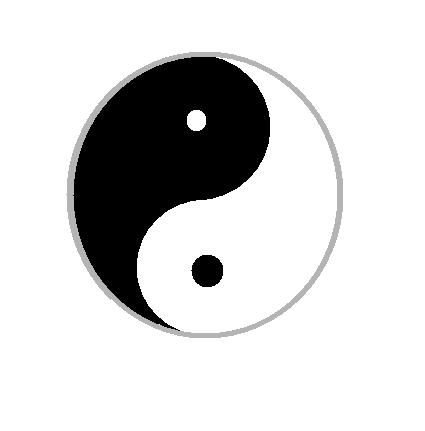Laozi's Dao De Jing 31-35 (老子道德經 31-35) from Administrator's blog

Now arms, however beautiful, are instruments of evil omen, hateful, it may be said, to all creatures. Therefore they who have the Tao do not like to employ them.
第三十一章 夫佳兵者,不祥之器,物或惡之,故有道者不處。君子居則貴左,用兵則 貴右。兵者不祥之器,非君子之器,不得已而用之,恬淡為上。勝而不美 ,而美之者,是樂殺人。夫樂殺人者,則不可得志于天下矣。吉事尚左, 凶事尚右。偏將軍居左,上將軍居右,言以喪禮處之。殺人之眾,以悲哀 泣之,戰勝以喪禮處之。
Chapter 31 1. Now arms, however beautiful, are instruments of evil omen, hateful, it may be said, to all creatures. Therefore they who have the Tao do not like to employ them. 2. The superior man ordinarily considers the left hand the most honourable place, but in time of war the right hand. Those sharp weapons are instruments of evil omen, and not the instruments of the superior man;—he uses them only on the compulsion of necessity. Calm and repose are what he prizes; victory (by force of arms) is to him undesirable. To consider this desirable would be to delight in the slaughter of men; and he who delights in the slaughter of men cannot get his will in the kingdom. 3. On occasions of festivity to be on the left hand is the prized position; on occasions of mourning, the right hand. The second in command of the army has his place on the left; the general commanding in chief has his on the right;—his place, that is, is assigned to him as in the rites of mourning. He who has killed multitudes of men should weep for them with the bitterest grief; and the victor in battle has his place (rightly) according to those rites.
第三十二章 道常無名,朴雖小,天下莫能臣。侯王若能守之,萬物將自賓。天地相合 ,以降甘露,民莫之令而自均。始制有名,名亦既有,夫亦將知止,知止 可以不殆。譬道之在天下,猶川谷之于江海。
Chapter 32 1. The Tao, considered as unchanging, has no name. 2. Though in its primordial simplicity it may be small, the whole world dares not deal with (one embodying) it as a minister. If a feudal prince or the king could guard and hold it, all would spontaneously submit themselves to him. 3. Heaven and Earth (under its guidance) unite together and send down the sweet dew, which, without the directions of men, reaches equally everywhere as of its own accord. 4. As soon as it proceeds to action, it has a name. When it once has that name, (men) can know to rest in it. When they know to rest in it, they can be free from all risk of failure and error. 5. The relation of the Tao to all the world is like that of the great rivers and seas to the streams from the valleys.
第三十三章 知人者智,自知者明。勝人者有力,自勝者強。知足者富。強行者有志。 不失其所者久。死而不亡者壽。
Chapter 33 1. He who knows other men is discerning; he who knows himself is intelligent. He who overcomes others is strong; he who overcomes himself is mighty. He who is satisfied with his lot is rich; he who goes on acting with energy has a (firm) will. 2. He who does not fail in the requirements of his position, continues long; he who dies and yet does not perish, has longevity.
第三十四章 大道氾兮,其可左右。萬物恃之以生而不辭,功成不名有,衣養萬物而不 為主。常無欲,可名于小﹔萬物歸焉而不為主,可名為大。以其終不自為 大,故能成其大。
Chapter 34 1. All-pervading is the Great Tao! It may be found on the left hand and on the right. 2. All things depend on it for their production, which it gives to them, not one refusing obedience to it. When its work is accomplished, it does not claim the name of having done it. It clothes all things as with a garment, and makes no assumption of being their lord;—it may be named in the smallest things. All things return (to their root and disappear), and do not know that it is it which presides over their doing so;—it may be named in the greatest things. 3. Hence the sage is able (in the same way) to accomplish his great achievements. It is through his not making himself great that he can accomplish them.
第三十五章 執大象,天下往。往而不害,安平太。樂與餌,過客止。道之出口,淡乎 其無味。視之不足見,聽之不足聞,用之不足既。
Chapter 35 1. To him who holds in his hands the Great Image (of the invisible Tao), the whole world repairs. Men resort to him, and receive no hurt, but (find) rest, peace, and the feeling of ease. 2. Music and dainties will make the passing guest stop (for a time). But though the Tao as it comes from the mouth, seems insipid and has no flavour, though it seems not worth being looked at or listened to, the use of it is inexhaustible.

The Wall